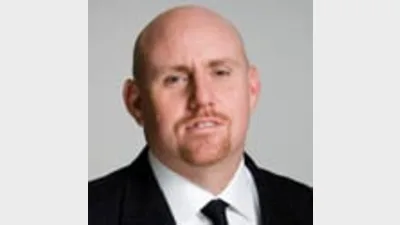APRA will struggle to meet MySuper deadline: Paul Cahill



The licensing process for the MySuper regime could end up being a "huge train wreck", according to Club Plus Super chief executive Paul Cahill.
After his experience dealing with Australian Prudential Regulation Authority (APRA) during the Responsible Superannuation Entity (RSE) licensing process, Cahill held grave doubts that the regulator would be prepared for the flood of MySuper licence applications.
"There's no way in God's green Earth they're going to be able to do all this licensing unless they figure out how to work 48 hours a day - unless they just rubber stamp everything," Cahill said.
On top of the questions about APRA's preparedness was the uncertainty about the shape of the legislation itself, he added.
"There's just too much detail missing … There's no point in getting too far down the track, because you've got a better chance of getting it wrong than right at this point," Cahill said.
Club Plus will be prepared for the MySuper regime, Cahill said - although he warned that the industry as a whole would end up putting a lot of time and resources into preparing for the new environment for very little return.
The final legislation is expected to be in place by May 2012, giving trustees eight months to prepare before APRA begins accepting applications on 1 January 2013, he said.
With the MySuper regime set to go live on 1 July 2013, APRA will only have six months to process the licence applications, Cahill said.
Speaking at the Association of Superannuation Funds of Australia conference last month, APRA deputy chairman Ross Jones said that the regulator expected to receive between 300 and 400 'generic' MySuper applications and about 1,000 tailored MySuper applications.
Jones said APRA had learned from its experience during the RSE licensing process, and he encouraged trustees to submit a draft application at some point in 2012. APRA will also be issuing prudential standards to help trustees through the licensing process, he added.
Recommended for you
The super fund has launched Retirement Manager, a digital advice tool helping members plan income, spending, and retirement confidence with integrated support.
APRA has warned retail super trustees that financial adviser involvement in recommending platform products does not diminish their obligations, as regulators turned the spotlight on the Shield Master Fund and First Guardian Master Fund during a meeting with fund CEOs.
AMP’s chief economist has unveiled a wish list for the Australian government’s Economic Reform Roundtable.
Australian retirees could increase their projected annual incomes between 3 and 51 per cent by incorporating personal and household data into their retirement income strategies, according to new research.









